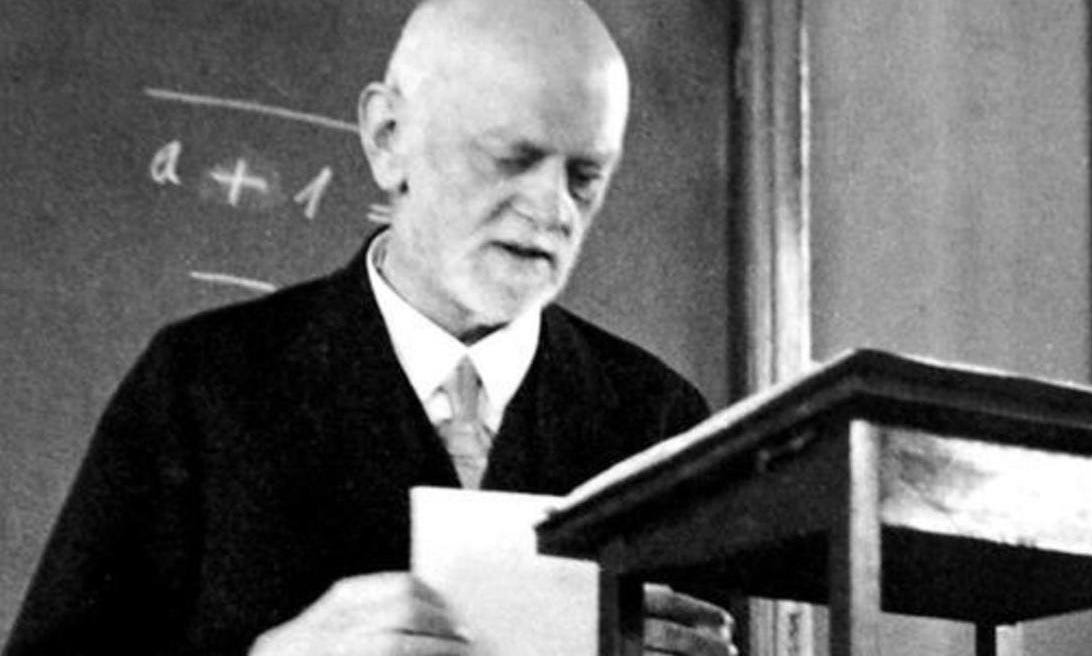Influential Mathematicians: David Hilbert

Whilst we’re working to finalise the structure of the quantum formalism lectures, I’ve been tasked with introducing you to the key mathematicians who directly & indirectly played a role in the mathematical formalism of quantum mechanics. So we're starting with David Hilbert, the man for whom Hilbert spaces were named after!
Who was David Hilbert?
The Scho…
Keep reading with a 7-day free trial
Subscribe to Quantum Formalism to keep reading this post and get 7 days of free access to the full post archives.

